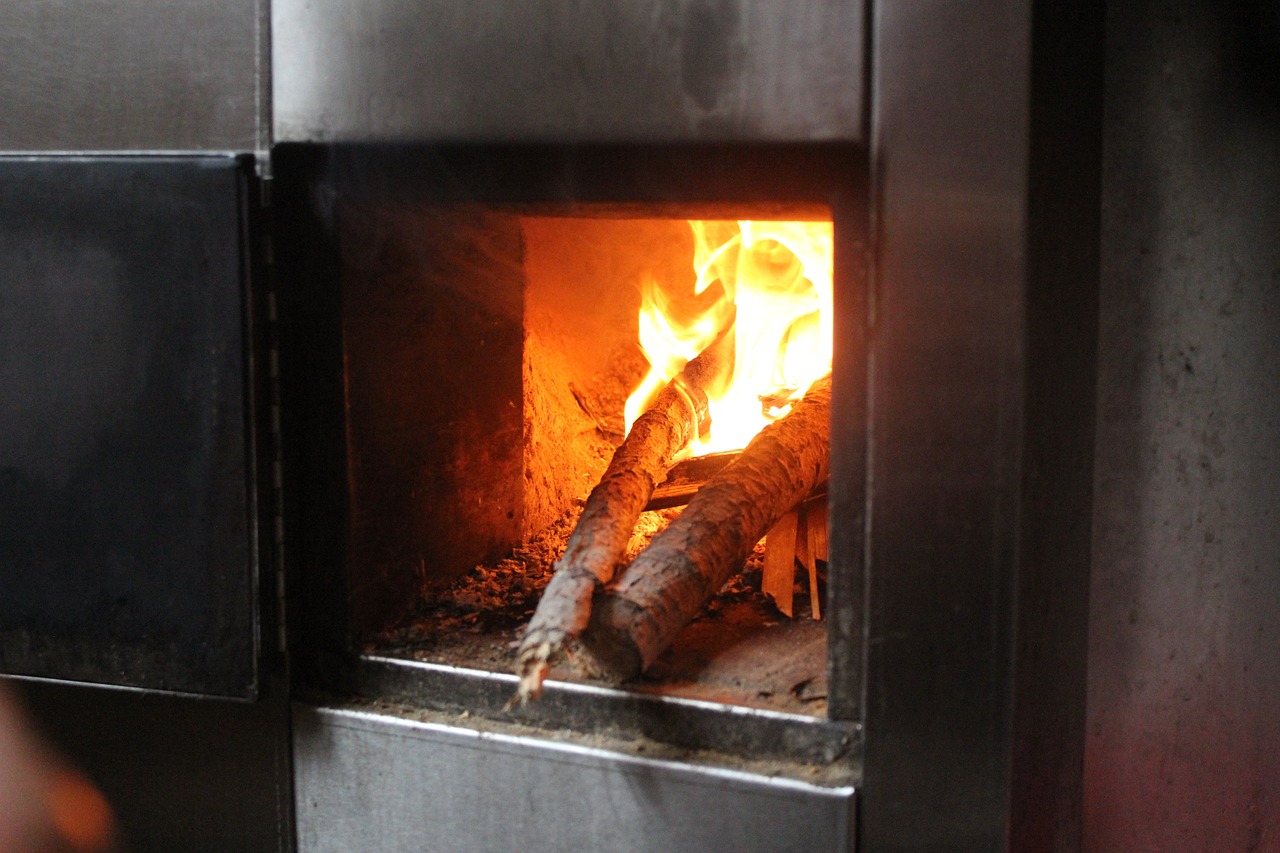What is the typical noise level of a portable generator?
The typical noise level of a portable generator can vary depending on the make and model of the generator, as well as the specific application for which it is being used.
In general, portable generators produce noise levels between 50 and 80 decibels (dB). Small portable generators for camping might have a noise level of around 50–60 dB, while a larger generator used for industrial or commercial applications might have a noise level of around 70–80 dB. It’s important to note that noise levels are measured at a distance of 7 meters from the generator, so if you’re closer to the generator, the noise level will be higher.
It’s also worth noting that most portable generators are not designed to produce low noise levels, and that’s why it’s essential to check the generator’s specifications before using it in sensitive environments.
In this article, we will explore the typical noise levels of portable generators, factors that affect noise levels, and how to choose a generator that produces low noise.
What is the Typical Noise Level of a Portable Generator?
The typical noise level of a portable generator can vary depending on the make and model of the generator, as well as the specific application for which it is being used. In general, portable generators produce noise levels between 50 and 80 decibels (dB).
Small portable generators for camping or tailgating might have a noise level of around 50-60 dB, while a larger generator used for industrial or commercial applications might have a noise level of around 70-80 dB. It’s important to note that noise levels are measured at a distance of 7 meters from the generator, so in case you’re closer to the generator the noise level will be higher.
Factors that Affect Noise Levels
There are several factors that can affect the noise level of a portable generator. Some of these factors include:
- Size and power of the generator: Larger generators tend to produce more noise than smaller generators.
- Type of engine: Different types of engines can produce different noise levels. Four-stroke engines tend to be quieter than two-stroke engines.
- The design of the generator: Some generator designs are more efficient at reducing noise than others.
- The location of the generator: The location of the generator can also affect the noise level. Generators placed in an open area will produce less noise than generators placed in an enclosed area.
How to Choose a Generator that Produces Low Noise
When choosing a portable generator, it’s important to consider the noise level. Here are some tips to help you choose a generator that produces low noise:
- Check the specifications: Before purchasing a generator, check the specifications for the noise level. Some manufacturers make generators that are designed to be quieter than others, and will indicate the noise level in the specifications.
- Look for special features: Some generators come with special features that help to reduce noise. For example, some generators have sound-proof enclosures or mufflers that help to reduce noise.
- Consider the location: If you plan to use the generator in a sensitive environment, such as in a residential area or a camping site, it’s important to choose a generator with a low noise level.
- Choose the right size and power: Larger generators tend to produce more noise than smaller generators, so if you’re looking for a generator that produces low noise, it’s best to choose a smaller generator with less power.
It’s important to note that most portable generators are not designed to produce low noise levels, and that’s why it’s essential to check the generator’s specifications before using it in sensitive environments. Additionally, it’s worth noting that even if a generator is designed to produce low noise levels, it’s still important to use it in an appropriate location and at the right distance to ensure that the noise level is within acceptable limits.
In conclusion, the typical noise level of a portable generator can vary depending on the make and model of the generator, as well as the specific application for which it is being used. Factors that can affect the noise level include the size and power of the generator, the type of engine, the design of the generator, and the location of the generator.


